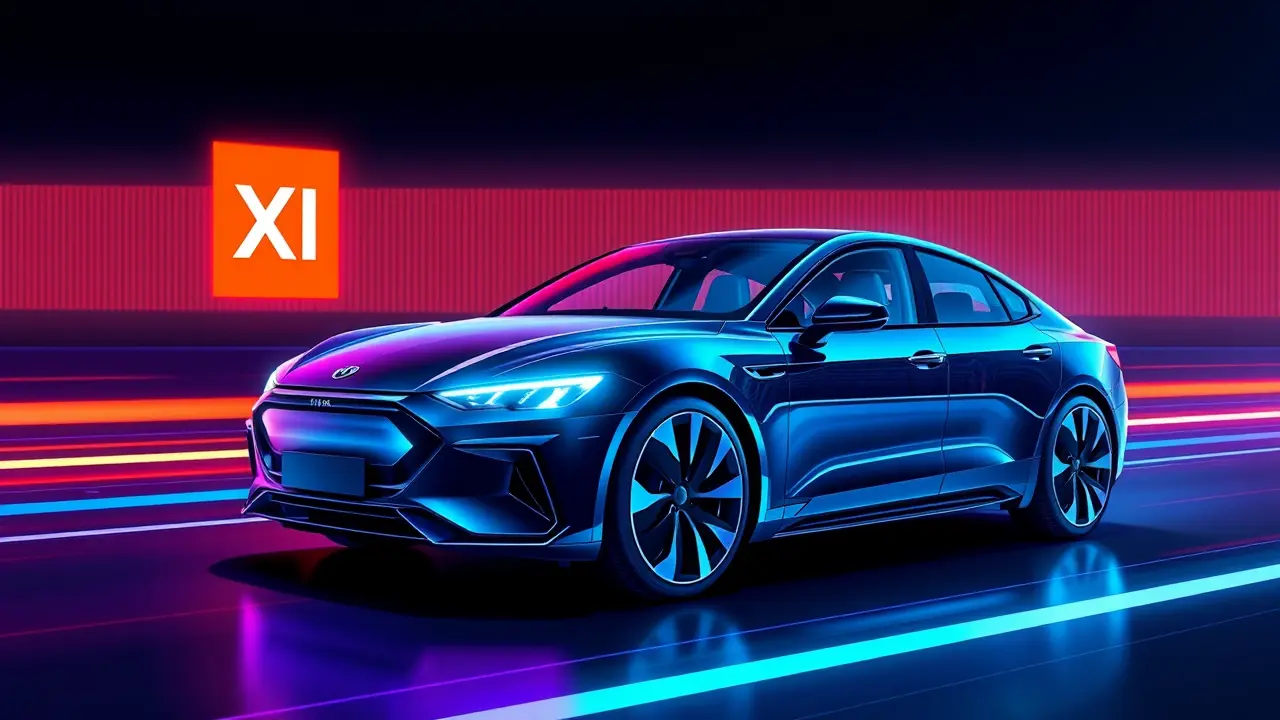
AIresearch & breakthroughsNew Model Architectures
Chinese AI Expert Luo Fuli Joins Xiaomi
DA
Daniel Reed
3 hours ago7 min read1 comments
The recent announcement that former DeepSeek researcher Luo Fuli has joined Chinese technology conglomerate Xiaomi represents more than a simple corporate hiring—it signals a fundamental strategic pivot in the global artificial intelligence race, moving beyond the current paradigm of large language models and into the tangible, kinetic world of embodied AI. Luo, a recognized prodigy whose work at DeepSeek placed her at the forefront of China's AI research vanguard, revealed her move in a characteristically insightful WeChat post, stating, 'Intelligence will step beyond language into the physical world,' a declaration that resonates as a manifesto for Xiaomi's ambitious roadmap.This recruitment, rumored for months, is a masterstroke for Xiaomi, a company aggressively expanding from its smartphone roots into the fiercely competitive electric vehicle (EV) market with its SU7 sedan; by bringing Luo into its MiMo team, Xiaomi instantly burnishes its AI credentials, positioning itself not merely as a hardware manufacturer but as a pioneer in integrating advanced cognition with mechanical action. The implications are profound: while Western AI labs remain largely preoccupied with scaling transformer models and chasing benchmark scores, the fusion of AI with robotics and autonomous systems—a domain where China has strategically invested—promises to redefine entire industries, from manufacturing and logistics to personal mobility.Luo's expertise is precisely the catalyst needed to bridge the sim-to-real gap, the formidable challenge of transferring intelligence learned in digital simulations to reliable operation in the messy, unpredictable physical environment. Her transition echoes historical precedents where key researchers shifted between academia, private labs, and industry, accelerating applied innovation; consider how Andrew Ng's move from Stanford to Google catalyzed the development of large-scale deep learning infrastructure.For Xiaomi, this is a direct challenge to rivals like Tesla, whose Full Self-Driving system represents the current apex of embodied AI in consumer vehicles, and to domestic competitors like Huawei and BYD. The success of this integration will hinge on creating a seamless data flywheel where real-world sensor data from millions of Xiaomi devices and vehicles continuously refines and trains the AI models, creating a defensive moat that is incredibly difficult for competitors to breach.However, this path is fraught with technical hurdles—latency, safety verification, and edge computing constraints—that demand a different breed of AI researcher, one like Luo who understands both the theoretical underpinnings of intelligence and the brutal realities of engineering reliable systems. This move also underscores a broader trend of top AI talent increasingly gravitating toward problems with immediate physical-world impact, a shift that could see the next breakthrough in AGI emerge not from a pure text predictor, but from a system that learns to manipulate its environment with dexterity and foresight. The global tech landscape is watching; if Xiaomi and Luo can successfully manifest her vision, they will not only redefine the company's future but potentially alter the very trajectory of artificial intelligence development.
#Xiaomi
#AI Talent
#Luo Fuli
#Research & Development
#Talent Acquisition
#featured
Stay Informed. Act Smarter.
Get weekly highlights, major headlines, and expert insights — then put your knowledge to work in our live prediction markets.
Comments
Loading comments...
© 2025 Outpoll Service LTD. All rights reserved.